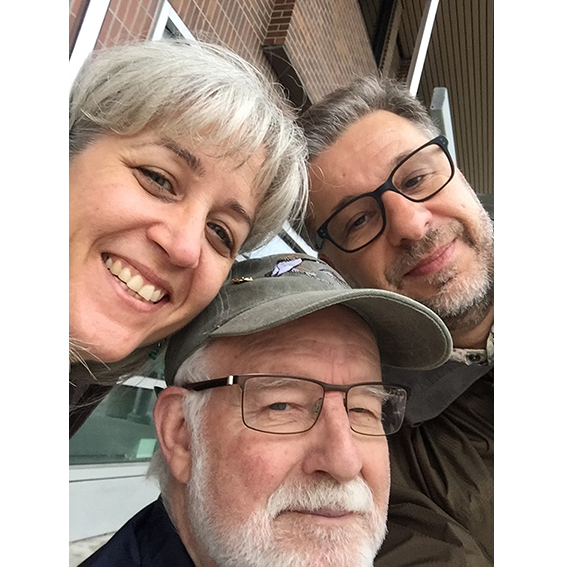Critical Engagements with Aging and Care
Abstract
A predicted and significant increase in the number of elderly has generated a call for increased services and care from many advocates and analysts. In addition to the need for quality care, advocacy groups and researchers have urged attention to issues of equity and services sensitive to the needs of marginalised groups including: low and no income elderly; Indigenous elderly; women; LGBTQI+ elderly; and those with complex health needs (Daly and Armstrong, 2016).References
Baines, D. and Armstrong, P. (Eds.) (2015). Promising Practices in Long Term Care. Ideas Worth Trying. Montreal: RR Donnelly.
Daly, T., & Armstrong, P. (2016). Liminal and invisible long-term care labour: Precarity in the face of austerity. Journal of Industrial Relations, 58(4), 473-490.
Hughes, M. (2007). Older lesbians and gays accessing health and aged-care services. Australian Social Work, 60(2), 197-209.
Hulko, W., Brotman, S. and Ferrer, I. (2017). Counter: Storytelling: Anti-Oppressive Social Work with Older Adults. In Baines, D. (Ed.) Doing Anti-Oppressive Practice. Social Justice Social Work. Third Edition. (pp. 193-211). Halifax: Fernwood.
Lutz, H., & Palenga-Möllenbeck, E. (2012). Care workers, care drain, and care chains: Reflections on care, migration, and citizenship. Social Politics, 19(1), 15-37.
Meagher, G., Szebehely, M., & Mears, J. (2016). How institutions matter for job characteristics, quality and experiences: a comparison of home care work for older people in Australia and Sweden. Work, Employment and Society, 30(5), 731-749.

